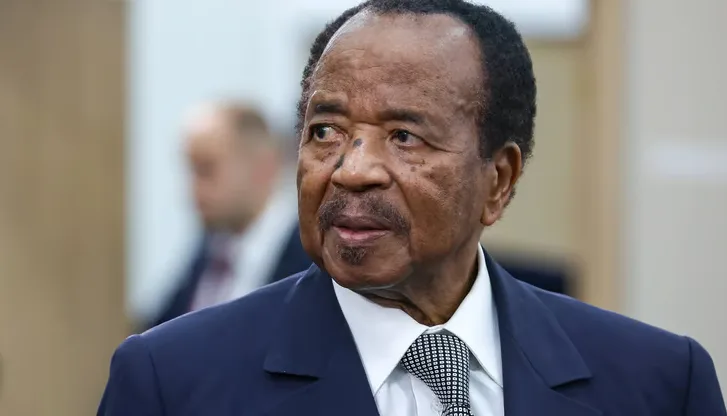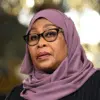Cameroon will hold its presidential election on October 12, according to a decree issued Friday by President Paul Biya.
Biya, 92, and the longtime leader of the ruling Cameroon People’s Democratic Movement (CPDM), has neither confirmed nor denied whether he will seek an eighth term in office. He has ruled the Central African country for nearly 43 years, making him one of the world’s longest-serving leaders.
Despite his silence, signs of political shifts are emerging within his ranks. Several longtime allies have recently distanced themselves from Biya, fueling speculation about a possible leadership transition.
In recent weeks, two high-profile defections have rocked the ruling coalition. Employment Minister Issa Tchiroma Bakary resigned from government in June to launch his own presidential bid under the banner of his party, the Front for the National Salvation of Cameroon (FSNC). Similarly, former Prime Minister Bello Bouba Maigari, a close ally of Biya for nearly three decades, announced his candidacy and will represent the National Union for Democracy and Progress (NUDP).
Both the FSNC and NUDP had long been allied with the CPDM, which has maintained power since Cameroon gained independence in 1960.
Meanwhile, the opposition remains fractured. Efforts to rally behind a unified candidate have faltered, increasing the likelihood of a divided anti-Biya vote. Among the most prominent opposition contenders are Maurice Kamto, leader of the Cameroon Renaissance Movement (CRM), who finished second in the 2018 election and remains one of Biya’s most vocal critics, and Cabral Libii of the Cameroonian Party for National Reconciliation (CPNR), another key opposition figure with a growing youth following.
Candidates have until July 21 to formally declare their intention to run.


